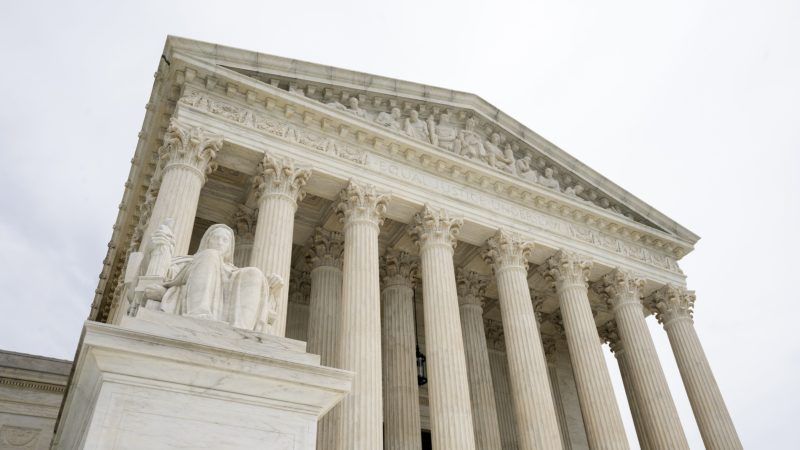When the Supreme Court Upheld a Compulsory Vaccination Law
Infectious disease, public health, and the Constitution

Assume that a COVID-19 vaccine is invented tomorrow and soon becomes widely available. Most Americans will undoubtedly line up eagerly for a dose, but a small number may refuse. Do state governments have the authority to compel such refusers to get vaccinated on threat of punishment?
In Jacobson v. Massachusetts (1905), the U.S. Supreme Court confronted a state law that allowed local governments to require smallpox vaccinations when the local health authorities deemed them necessary. Cambridge resident Henning Jacobson balked at his city's vaccination requirement and was fined $5. He contested that penalty and took his case all the way up to the highest court in the land.
What was Jacobson's legal argument? In the words of the Court, Jacobson "insists that his liberty is invaded when the State subjects him to fine or imprisonment for neglecting or refusing to submit to vaccination; that a compulsory vaccination law is unreasonable, arbitrary and oppressive, and, therefore, hostile to the inherent right of every freeman to care for his own body and health in such way as to him seems best."
The Supreme Court rejected that argument. The 7–2 majority opinion, written by Justice John Marshall Harlan, agreed that the "power of a local community to protect itself against an epidemic threatening the safety of all might be exercised in particular circumstances and in reference to particular persons in such an arbitrary, unreasonable manner, or might go so far beyond what was reasonably required for the safety of the public, as to authorize or compel the courts to interfere for the protection of such persons." But this case, he concluded, did not rise to that standard. The law was ruled to be a reasonable regulation.
"Whatever may be thought of the expediency of this statute, it cannot be affirmed to be, beyond question, in palpable conflict with the Constitution," Harlan held. "Nor, in view of the methods employed to stamp out the disease of smallpox, can anyone confidently assert that the means prescribed by the State to that end has no real or substantial relation to the protection of the public health and the public safety."
It would be one thing if Jacobson's health or medical history put him at risk of severe injury or death from the vaccine. To force such an individual to be vaccinated "would be cruel and inhuman in the last degree," Harlan acknowledged. But Jacobson "was himself in perfect health and a fit subject of vaccination." The requirement was therefore constitutional as applied to him.
Justices David Brewer and Rufus Peckham dissented. They presumably believed that Jacobson's liberty was violated by the compulsory vaccination law, but they kept their reasoning to themselves: They did not write an opinion.
Related: "Police Powers During a Pandemic: Constitutional, but Not Unlimited"


Show Comments (59)